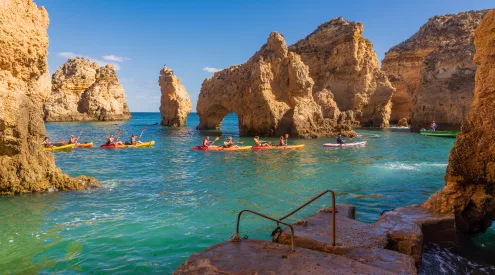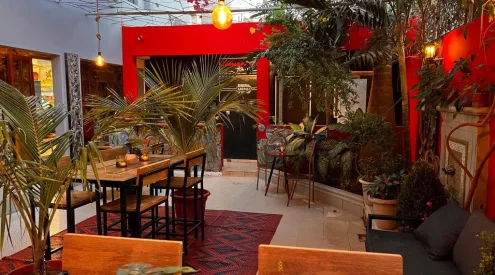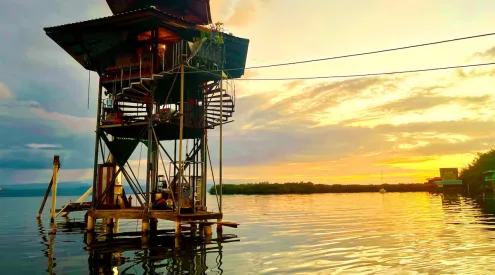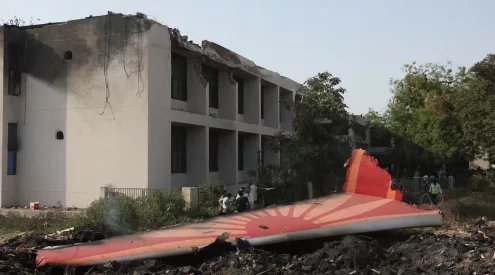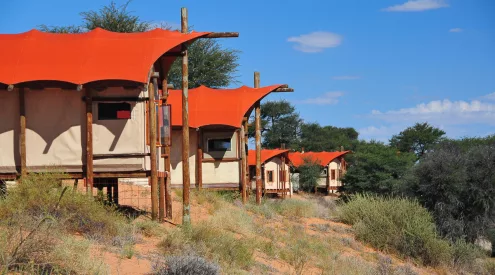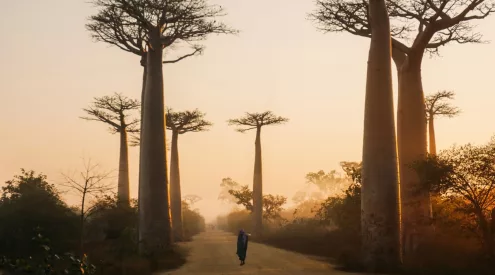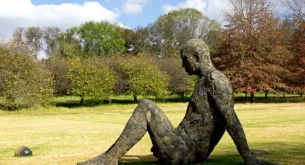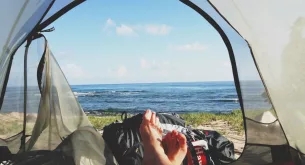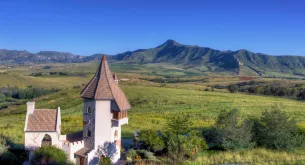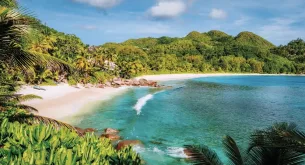Despite a decline in poaching in South Africa, Kruger National Park has still lost 190 rhinos in the first six months of this year.
Recently released crime statistics from the SAPS have put overall poaching for 2018/2019 at 520, a 12% decrease from the previous year. According to the Reuters, Minister of environment, forestry and fisheries, Barbara Creecy said in a statement on World Rhino Day that more than half on the 318 poaching incidences between January and June 2019 happened in the Kruger National Park. This despite extensive anti-poaching initiatives.
‘We will redouble our efforts to make sure that communities who live on the borders of our parks benefit from conservation and the biodiversity economy, so they are not vulnerable to recruitment by syndicated poaching operations,’ said Creecy.
The cooperation & collaboration between enforcement agencies, government departments, private rhino owners, NGOs and other stakeholders can be seen as the most important reason for the continuing decrease in rhino poaching in South Africa. #WorldRhinoDay2019
— Environmentza (@environmentza) September 22, 2019
Fewer rhinos to poach
Conservationists are concerned that statistics showing a steady decline in rhino poaching in South Africa over the last two years are misleading. The rhino conservation group Save the Rhino explained that while anti-poaching efforts may have contributed to the decline, there is the possibility that it could also indicate that fewer rhinos are surviving in the wild making it harder for poachers to find them.
This is supported by evidence from Asia that trade in rhino horn has not decreased in proportion to the number poached in South Africa. Conservation group WildAid said in 2018 that at the same time that statistics on the decline in rhino poaching were released, Hong Kong SAR authorities announced a record-breaking seizure of rhino horn from two air passengers travelling from South Africa to Vietnam.
‘While South Africa celebrates a decline in poaching, Hong Kong SAR makes another record seizure, showing the crisis goes on as rhino numbers continue to decline,’ said CEO of WildAid Peter Knights, in a statement on their website.
These organisations explain that in addition to anti-poaching effort in South Africa, work needs to be done to curb illegal trade in Asia.
‘To stop organized crime we still need to prosecute the kingpins in South Africa and Mozambique as well as the buyers in China and Vietnam. Apprehending the foot soldiers and mules that have been caught to date is simply not enough,’ said Knight.
Image source: Pixabay


